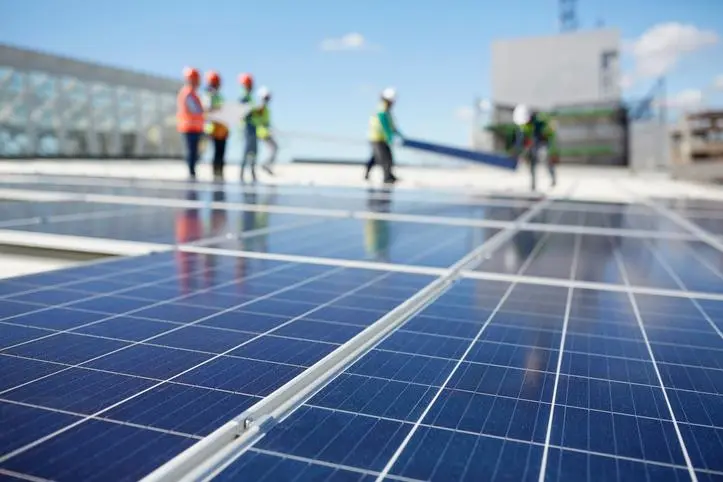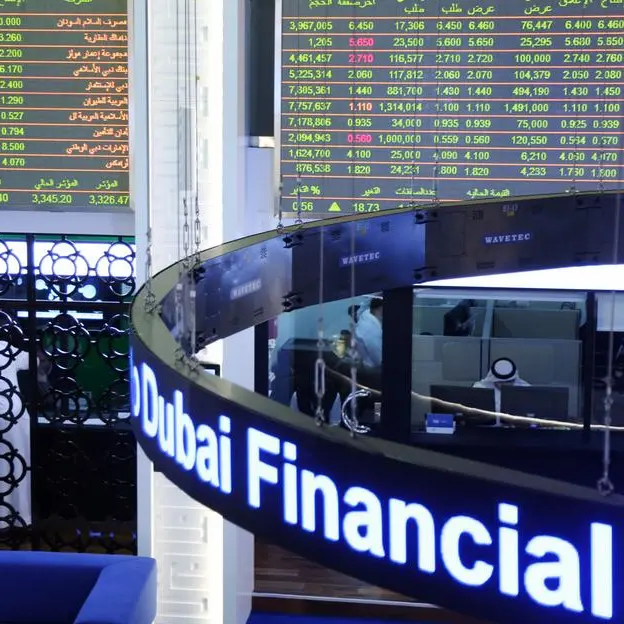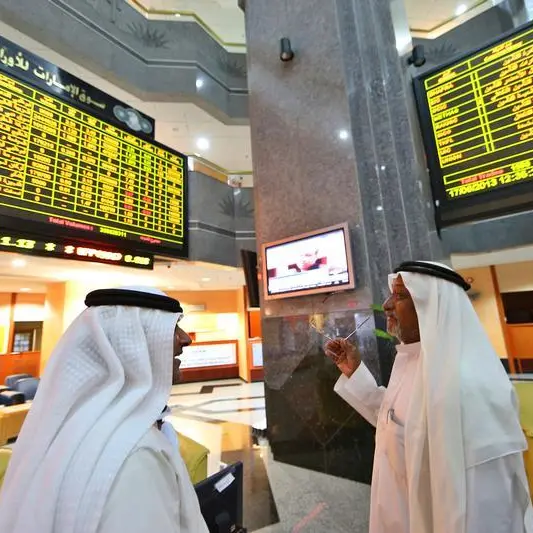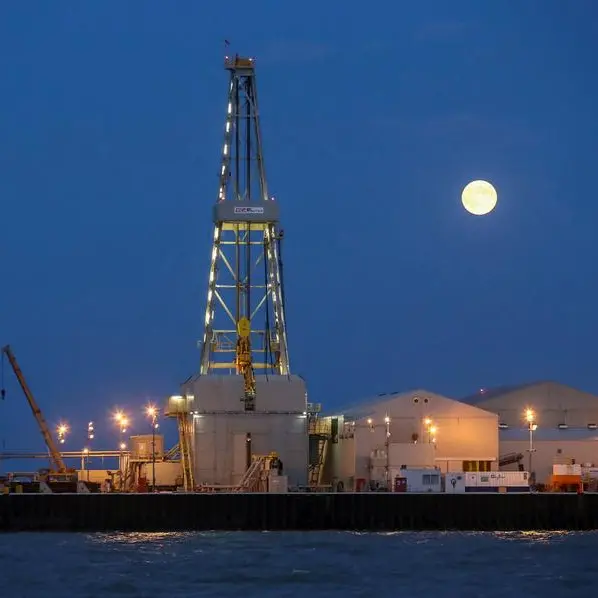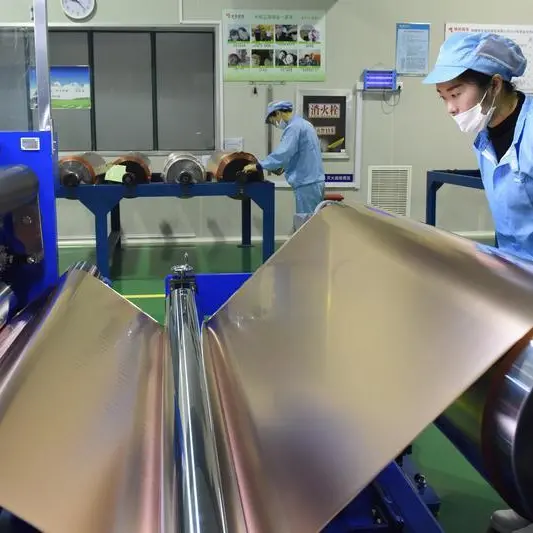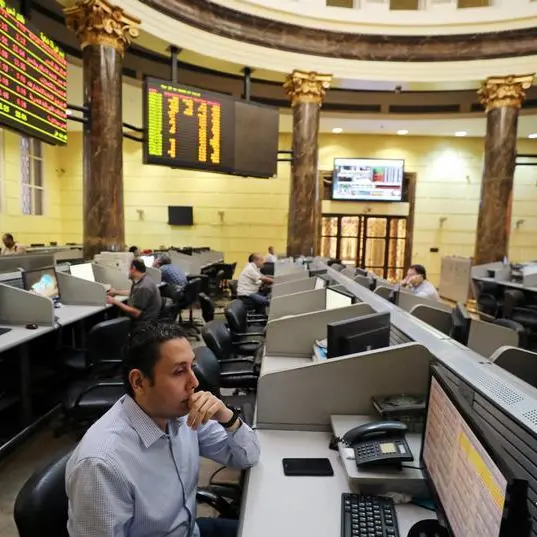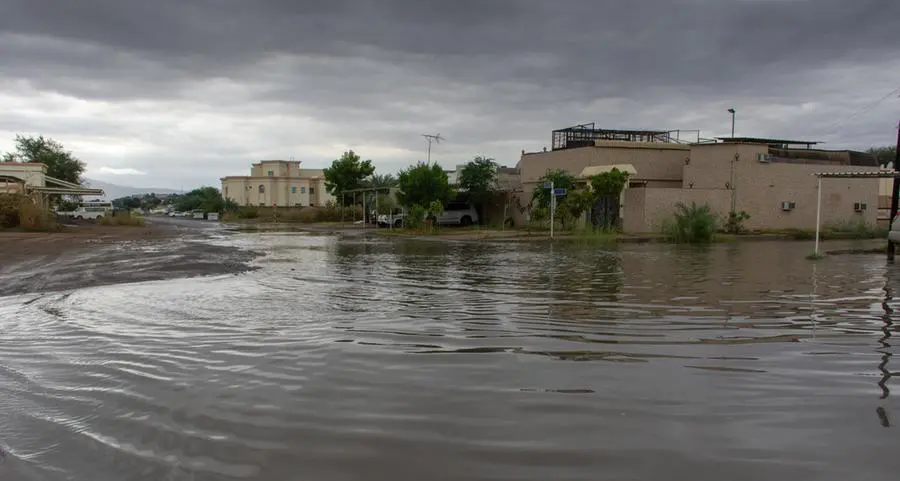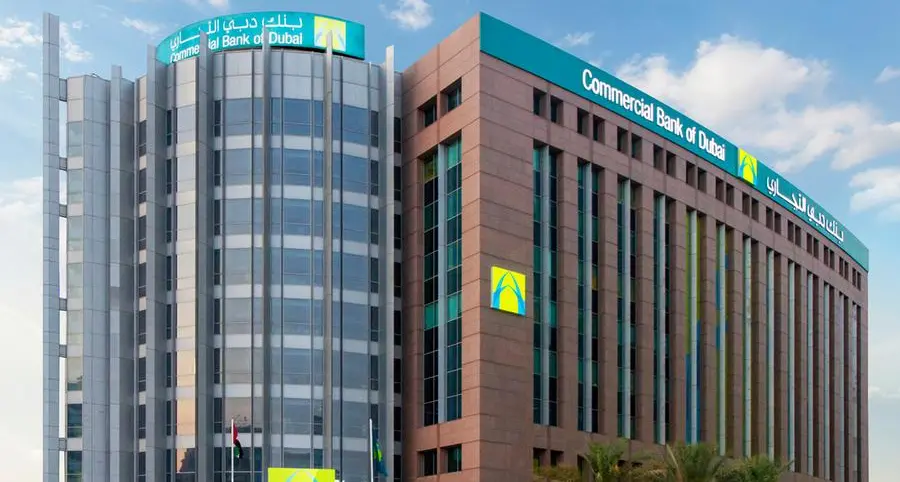PHOTO
09 June 2019
The Middle East region has been China's primary source of energy exports for decades but the Asian giant is now returning the favour.
Chinese companies are helping develop some of the Middle East's most ambitious renewable and conventional energy projects to meet surging demand.
Chinese expertise in building region's new energy grid is vital. The world's second largest economy is expected to install 36 percent of all global hydro electricity generation capacity, 40 percent of all global wind energy infrastructure and 36 percent of all solar panels from 2015-2021.
"Internationally, China's Belt and Road Initiative (BRI) has continued to drive Chinese energy investments overseas," according to the Institute for Energy Economics and Financial Analysis. "The initiative already has driven $8 billion of solar equipment exports from China and helped China become the number one exporter of environmental goods and services, overtaking the US and Germany."
Last year, the United Arab Emirates (UAE) and China agreed to collaborate on renewable energy. That manifested itself in April with Dubai Electricity and Water Authority (DEWA) and Saudi Arabia's ACWA Power teaming up with Chinese companies to build the 700 megawatt (MW) Concentrated Solar Power (CSP) project in Dubai, the largest of its kind in the world.
Industrial and Commercial Bank of China is the lead arranger and targeting a $1.5 billion senior loan, and will play an important role, along with Bank of China and Agricultural Bank of China, to provide almost 80 percent of the senior debt for the project
"This project is a flagship project for ICBC in supporting the three major Chinese power equipment suppliers, namely Shanghai Electric, Dongfang Electric and Harbin Electric, to 'go abroad' and break through the sophisticated and established power market," according to the companies.
Chinese companies are also building the Gulf region's first clean coal-fired power project in Dubai. A consortium of ACWA Power and China's Harbin Electric are developing 2,400 MW Hassyan clean coal independent power project.
Chinese companies are also eyeing Saudi Arabia as it rolls out its renewable energy projects under Vision 2030 programme.
In January, Saudi Arabia said it was collaborating with China's Longi Group and South Korea's OCI to build a $2 billion solar and carbon production plant in the kingdom.
Meanwhile, Hong Kong-based Hanergy Thin Film Power Group said it signed a memorandum of understanding to set up the Middle East's first thin-film solar power industrial park in Saudi Arabia at an investment of $1 billion. In addition, Saudi-owned ACWA Power recently signed a MoU with China Energy Engineering Corporation to explore joint investment opportunities and cooperate on power generation and water desalination projects across the Middle East and Asia where the company operates.
"With this agreement, we will strengthen the ties between China and the Middle East and unlock new potential power generation opportunities in the region," said Paddy Padmanathan, President and CEO of ACWA Power.
Chinese companies are eyeing many more opportunities as all the Gulf Cooperation Council (GCC) states have ambitious renewable energy targets over the next decade. According to the International Renewable Energy Agency (IRENA), the GCC states along with Egypt, have planned projects with total capacity of 19,200 MW, and have collectively set an ambitious target of expanding renewable energy capacity to 49,500MW.
"Looking forward, the region is set to see a major acceleration in renewable energy deployment. Led by the UAE, Oman and Kuwait, nearly seven gigawatts (GW) of new renewable power generation capacity is expected to come online by the early 2020s," according to an IRENA report. "Plans to expand wind power, in particular in Saudi Arabia and Oman, should raise wind's share over the coming decade, although solar power will remain the dominant source of renewable energy."
(Reporting by Syed Hussain; Editing by Anoop Menon)
(anoop.menon@refinitiv.com)
Our Standards: The Thomson Reuters Trust Principles
Disclaimer: This article is provided for informational purposes only. The content does not provide tax, legal or investment advice or opinion regarding the suitability, value or profitability of any particular security, portfolio or investment strategy. Read our full disclaimer policy here.
© ZAWYA 2019
